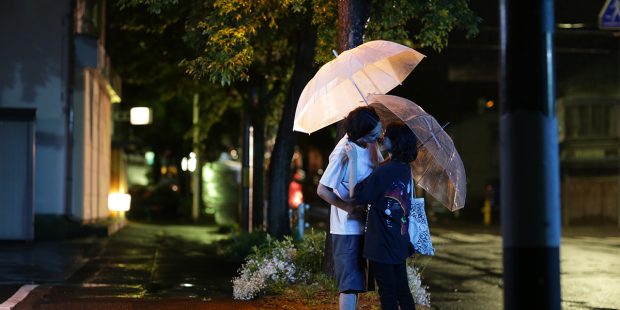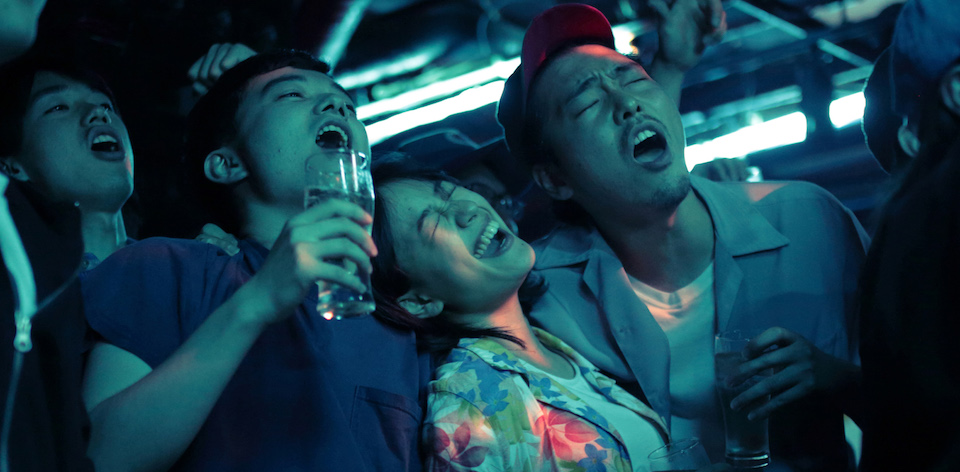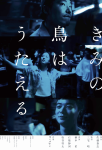There’s a long tradition of Japanese pop culture being named for something from The Beatles’ songbook, from Haruki Murakami’s Norwegian Wood to the 1997 indie film Strawberry Fields – not to mention the chain store called Yellow Submarine. Shô Miyake’s AND YOUR BIRD CAN SING (きみの鳥はうたえる) may not have any direct connections with the Fab Four’s song, but it does follow a very Murakami-esque vibe.
Set against a long summer in Hakodate, Miyake’s freewheeling script (based on an original story by the late novelist Yasushi Sato) follows three figures who have a carefree attitude to life. Sachiko (Shizuka Ishibashi) is in a no-strings-attached relationship with the unnamed slacker narrator (Tasuku Emoto) who in turn lives with his unemployed roommate Shizuo (Shota Sometani).
Much of the film follows the trio as they stumble in and out of bars, fall asleep and wake up at odd hours or simply show a non-committal attitude towards their work. As a bizarre love triangle inevitably forms between the three leads, it’s a curiously closed world we are drawn into. The lack of certainty (or caring) in what happens next begins to spill over into the relationships, and what was once a seamless unit becomes unsteady. It’s really about the moment when you realise that ‘coming apart at the seams’ is synonymous with ‘coming of age.’

Shizuka Ishibashi is a standout, especially following her outstanding performance in Yuya Ishii’s sublimely bleak The Tokyo Night Sky is Always the Densest Shade of Blue, and is rapidly becoming a go-to star for the indie scene. Tasuku Emoto is the polar opposite of his Dynamite Graffiti role form last year, while Shota Sometani (already a veteran at 27) has demonstrated an interesting career progression from Sion Sono’s Himizu to Takashi Miike’s First Love more recently.
Miyake doesn’t necessarily give us all the connective glue between moments, allowing long takes to give us some breathing space around their cyclical actions and a fair bit of loitering. A lengthy nightclub sequence might have felt indulgent or editable in someone else’s hands, and while it is noticeably long it’s also a microcosm of their entire lives (but under tinted lights).
While there is certainly an argument to be made that this covers similar thematic ground to adaptations of Sato’s The Light Shines Only There and Over the Fence, this sharply contemporary take on a modern Japanese favourite has some universal themes. The abruptness of the finale doesn’t give us any easy answers, so you may find this film lingering with you like so many disaffected Japanese love triangles.
2018 | Japan | DIR: Sho Miyake| WRITERS: Sho Miyake (based on the novel by Yasushi Sato) | CAST: Tasuku Emoto, Shizuka Ishibashi, Shota Sometani | DISTRIBUTOR: Japanese Film Festival 2019 (AUS) | RUNNING TIME: 92 minutes | RELEASE DATE: October – December 2019 (JFF)






